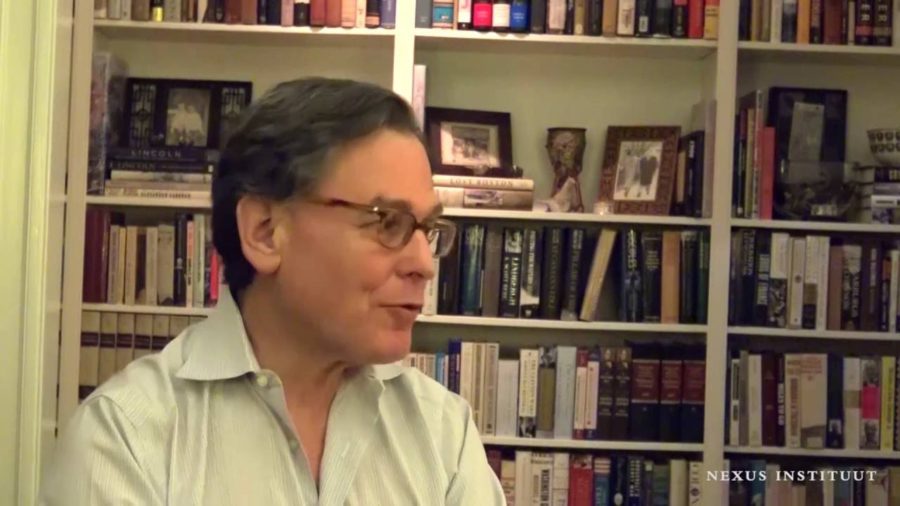Rob Riemen: We will talk about what will save the world. We can never save the world without politics. So, what’s your take on the anger among the people against the political class?
Sidney Blumenthal: Well in Lincoln’s day there was even anger against the political class. And Lincoln himself in one of his early speeches as a young man attacks politicians, saying, “I know,” to his audience, “that you’ll understand that, because I’m a politician myself.” So there’s always been this strain, particularly in American politics, a skepticism about politicians. We’re in one of these periods where there is such skepticism, but it runs deeper. It’s not as deep as the crisis that occurred in the 1920s and 1930s, which turned into a profound crisis of democracy. We may be on the eve of such a thing, where people feel that democracy itself is not only inadequate but also the obstacle to resolving their problems, and that order is more important to them.
I don’t believe that’ll ever happen in America. But we have such a figure in Donald Trump who exploits disorder in order to claim to be the authoritarian figure to impose order.
This is a profound question, beyond the United States, that affects the West. It affects both conservative parties and social democratic parties. In the United States, it particularly affects the Republican Party. The Democratic Party always has problems. This party, the Democratic Party, while it showed a split in its primaries between Bernie Sanders and Hillary Clinton, is much more unified than the Republican Party. We’ll see what the outcome is, and we will know it when we appear at the conference. But, there’s still an intellectual problem, a problem of ideas, a problem of culture, particularly in the European social democratic tradition.
I believe this is… In the United States, this is not the problem for American liberalism. And that we have many different traditions to draw upon that are quite diverse.
Further Reference
What Will Save the World?, the 2016 Nexus Conference
